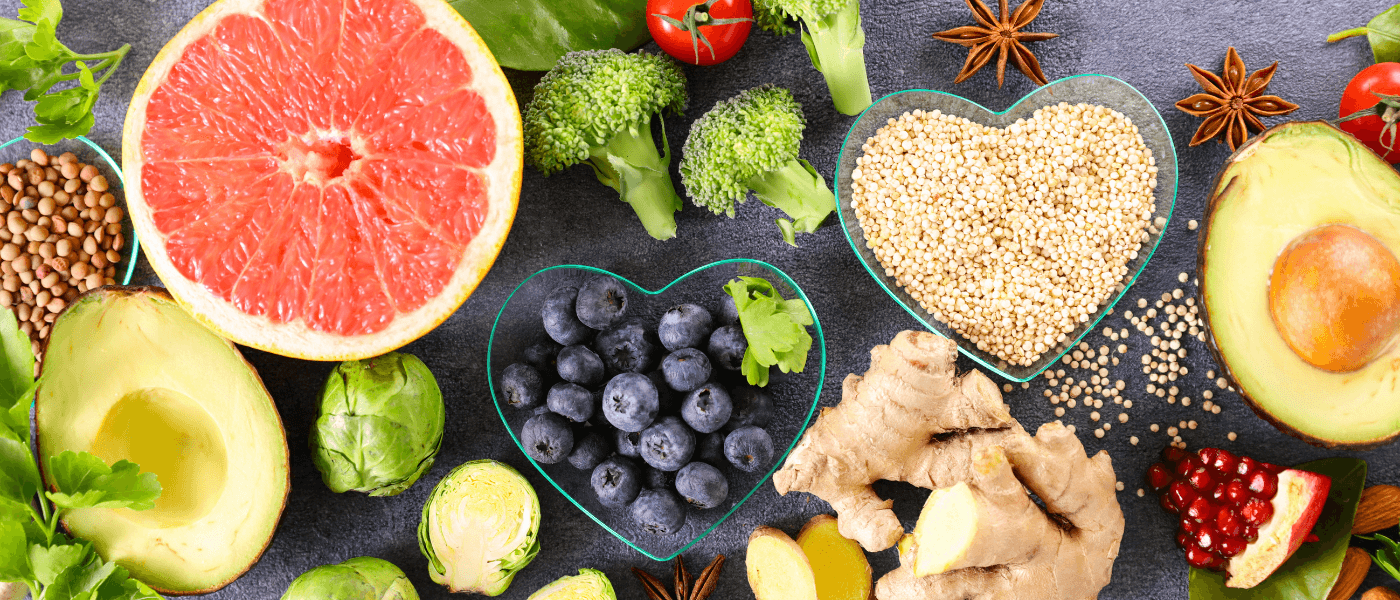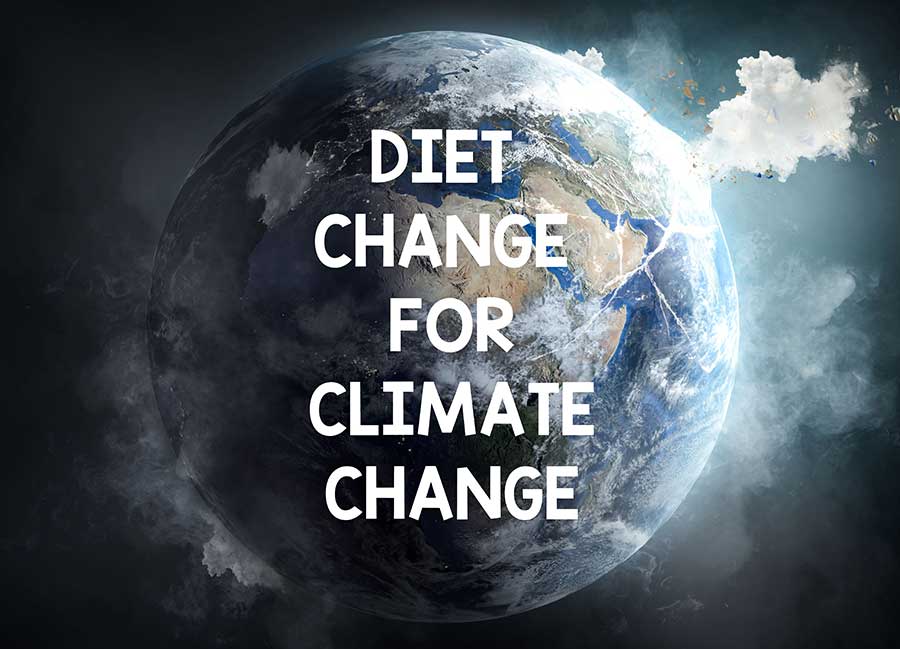Incentivise NZ farmers to diversify for a sustainable future.
- 24 June 2021
- The Vegan Society

Incentivise NZ farmers to diversify for longevity
Imagine a future where the rivers run clean, the land is full of native bush, there is an abundance of permaculture horticultural endeavours and Aotearoa’s greenhouse gas emissions are the lowest per capita. All our power comes from renewable resources, our public transport options have increased and all public vehicles run on electric power.
Imagine cycleways being the most used form of transport and it seems like almost everyone is growing export quality produce. Everyone has adequate housing and there are community gardens everywhere, no one needs to go hungry, as they can pick what they need from their own gardens, swap with neighbours or take from the community garden. Everyone who wants to be is in employment that is paid well.
This is not just a crazy pipedream, this could be the future for New Zealand if we want it hard enough and are willing to work towards it. Part of that work is in reducing the current high levels of animal agriculture, we simply have too many cows, in the wrong places and it’s putting a huge strain on our environment and resources.
Our petition
For the government to incentivise and support farmers wanting to diversify twoards a balanced and sustainable agriculture.
Our petition was launched on 4th November 2020 and calls on the government to offer advice and support to farmers wanting to diversify towards a balanced and sustainable agriculture. Currently many farmers may feel trapped in their current circumstances and cannot see a way towards diversification and making a transition towards growing plants.
We want to see government think tanks and grants towards increasing our horticultural industry.
We are lucky to have a wealth of knowledge in the horticultural sector and exports are rising every year, last year topping $8 billion.
Arable land is an underused resource in New Zealand, with just one tenth of it in horticultural production. We are not currently on track to meet our international climate commitments and with 49% of our carbon emissions due to the agricultural sector, this is the part that must change and will yield the biggest and quickest results. With less than 10 years for the world to act on climate change, we cannot let this opportunity pass us by. We have to reduce our methane emissions as soon as possible.
“Our farmers are being sold a lie that New Zealand will provide high quality meat and dairy for the world,” says spokesperson Claire Insley, “We want to see them being encouraged to do their part for the future of our planet and New Zealand’s sustainability. The Covid crisis has taught us many things over the past year and has seen a rising boom in plant-based products as people become more wary of the dangers of eating meat and dairy. Our planet cannot continue to support large numbers of meat eaters and that fact combined with the new cell technologies will lead to the death of large scale animal agriculture”
Not only our economy but our health is also at risk, if we do not start to make those changes now. According to an Otago University paper, a wholefoods plant diet could bring carbon emissions savings of up to 42%, confer a population gain of up to 1.5 million quality-adjusted life-years, and save our health care system up to $20 billion. A plant-based diet reduces your risk of ischaemic heart disease, bowel cancer, Crohn’s disease, irritable bowel syndrome, Type 2 diabetes, osteoporosis, hypertension and inflammatory arthritis.
We can no longer continue business as usual, the global population is growing too large to support the number of animals that are being farmed. We have already lost 60% of the global wildlife due to habitat loss, biodiversity is plummeting, the Amazon rainforest is close to switching to a savannah landscape, all due to animal agriculture and mono cropping.We must restore the natural balance of our world while there is still time. Growing plants for humans to eat is the biggest change that is in our control. It takes far less resources to produce plants for humans to eat and causes far less pollution.
Enjoyed reading this? We think you'll enjoy these articles:
Experts Say We Can Eat Our Way Out of the Climate Crisis 26 October 2023 The Vegan Society For the past five …
Diet Change for Climate Change
Diet Change for Climate Change 30 August 2023 The Vegan Society This month our focus is on the undeniable fact that what …
How you CAN help save the planet
Webinar: how you CAN reduce your environmental impact. 27 July 2023 The Vegan Society Presented by Dr PJoseph Poore, food sustainability researcher …




